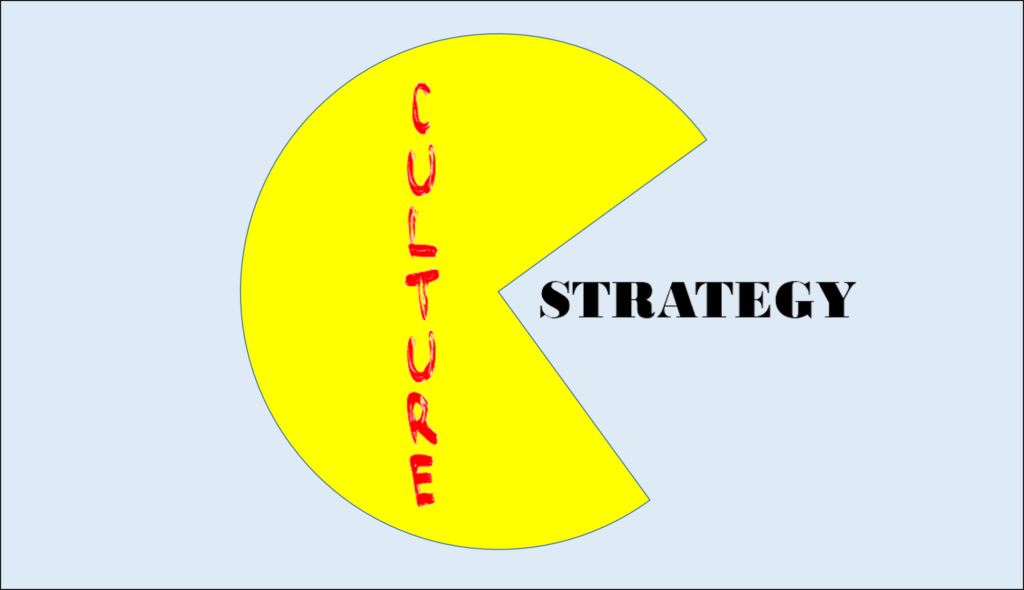
In the process of selecting today’s #TBT post, I ran across this one, published exactly five years ago in November 2019. This is a notable date for two reasons. In the post, I talk about attending Radio Ink’s annual “Forecast” event in NYC. It turns out that was the last time I made it to Forecast, a streak that will end next week at the Harvard Club in Midtown Manhattan. More on “Forecast 2025” in a moment.
The second reason the post jumped out at me is that it was written 90 days before the COVID outbreak changed everything. Obviously, when I originally wrote these words about the changing company culture in radio buildings, I could not anticipate the tsunami that was to come. Yet, despite the virus’ sweeping effect on our business, our careers, and our lives in general, the post holds up pretty well. I hope it resonates for you amidst radio’s post-pandemic reality, now punctuated by ongoing rounds of financial restructuring, RIFs, employee buybacks, and other seismic changes.
Meanwhile, I’m honored to be on stage at “Forecast 2025” with Consumer Technology Association futurist, Brian Comiskey. Together, we’ll trace the tech changes that have impacted our business to date. And because Brian thinks a lot about the aforementioned future and because this conference is predicated on preparing its attendees for it, we’ll be focusing on what’s around the corner and what radio organizations can do to lean into it. Especially if it’s been a while since we’ve seen each other, I look forward to being in New York City next week at this important industry get-together.
By the way, Brian (as he did last year) will be leading one of our CES 2025 tours in Las Vegas in just nine short weeks – and his guidance on these winding journeys through the chaotic Las Vegas Convention Center is nothing short of stellar. More info on our two tours is right here if you’d like to join us.
In the meantime, enjoy today’s #TBT “culture shift.” – FJ
November 2019
I see those “Success” posters in cubicles and conference rooms all over the country – the ones with those pithy business phrases designed to motivate the troops. But the fact there’s an entire parody campaign designed around these motivators tells you about the level of cynicism in the workforce.
You can visit the aptly named company, Despair, to peruse an entire series of “demotivators” – posters that are loaded with sarcasm, desperation, and discouragement. In fact, there’s still time to customize a 2020 calendar with your pet negative phrases.
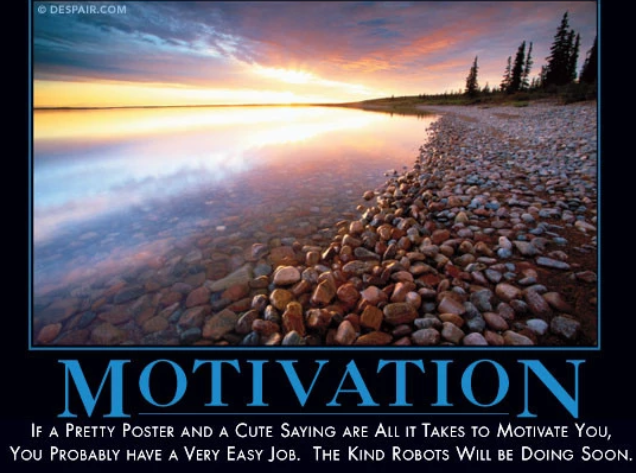
That’s why I’m typically cautionary about the “company culture-building” phrases that litter Twitter and Facebook. Sure, they are well-meaning, but many simply fall flat because they’re banal, overused, or just too darn obvious.
But then there’s this one, first coined by Peter Drucker, and adopted by many in the business world, including Ford’s former CEO, Mark Fields.
Culture eats strategy for breakfast.
And one of my favorite quotes (maybe it’s a poster, too) is from Lewis Gerstner, Jr., who used to run IBM:
“The thing I have learned at IBM is that culture is everything.”
Yet, the thing I have learned when working with executive teams at both radio and non-radio companies, is that culture almost always takes a back seat to strategy. It’s rarely considered, often on the back burner, instead focusing on the “big stuff.” We spend so many of our waking hours and most of our financial and human resources developing and sharpening the strategy, doing our goal-setting, and conjuring up so-called “best practices,” we often leave the notion of company, corporate, or station culture to chance – or ignore it altogether.
If nothing else, this blog – and the ongoing conversations on social media – has taught me there’s rampant cynicism out there. Sure, many of those who have been personally downsized, phased out, or displaced are understandably angry, disillusioned, or have an ax to grind.
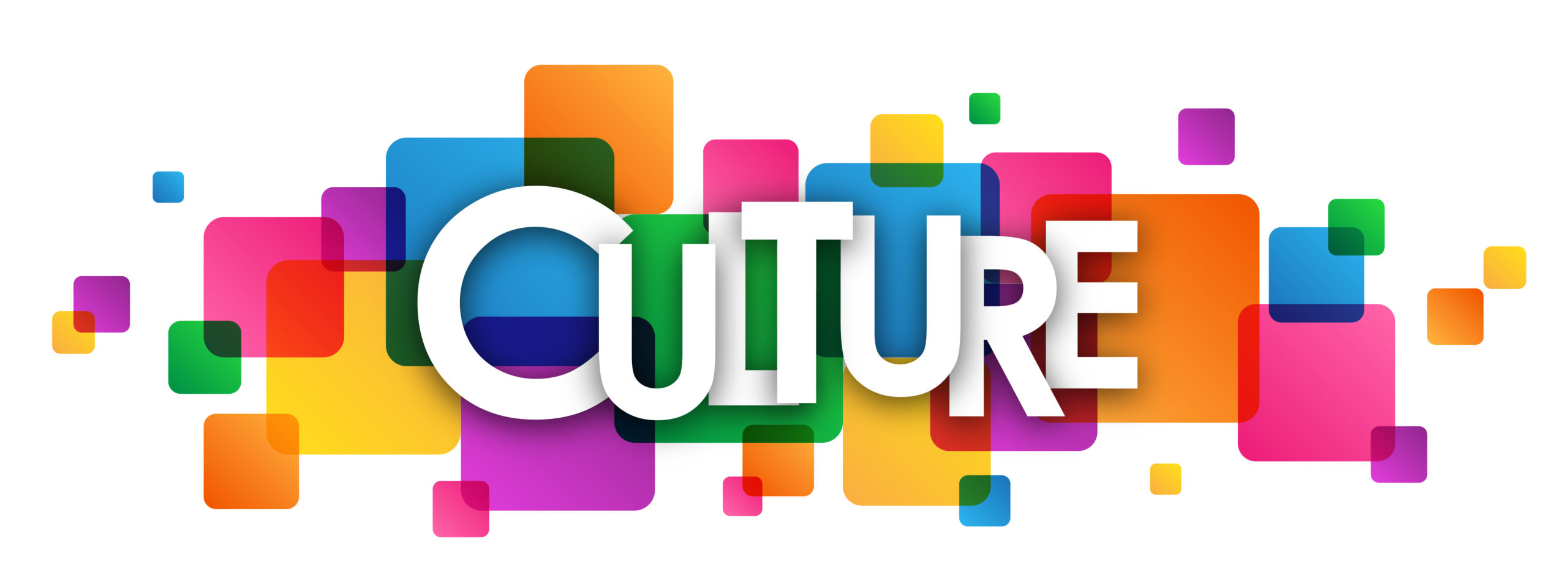 But many current employees collecting paychecks, attending meetings, and otherwise going through the motions in radio can relate, wondering if the company culture will ever be addressed head-on.
But many current employees collecting paychecks, attending meetings, and otherwise going through the motions in radio can relate, wondering if the company culture will ever be addressed head-on.
I thought of the disconnect between the two, while reading a sponsored article (yes, they sometimes contain substance) from Cognizant Interactive called “3 Imperatives: Transform Your Business To The Experience Economy” by Deepthi Prakash. It’s a nice piece of content marketing.
The main point of this piece – and this is nothing new – is that success is “about the customer’s expectations – not yours.”
That’s something radio has struggled with over the years. Audience research is less about satisfying listeners, and more focused on crafting programming to be most appealing and ratings-friendly. Most of the time, the customer experience is an afterthought.
But Prakash not only underscores its importance, but asserts that until brands “build the employee experience” (the italics are mine), the customer experience will suffer as a result.
We’ve talked about this in great detail in this blog. Now even the smallest radio companies have gotten the digital transformation memo. After spending the day yesterday at 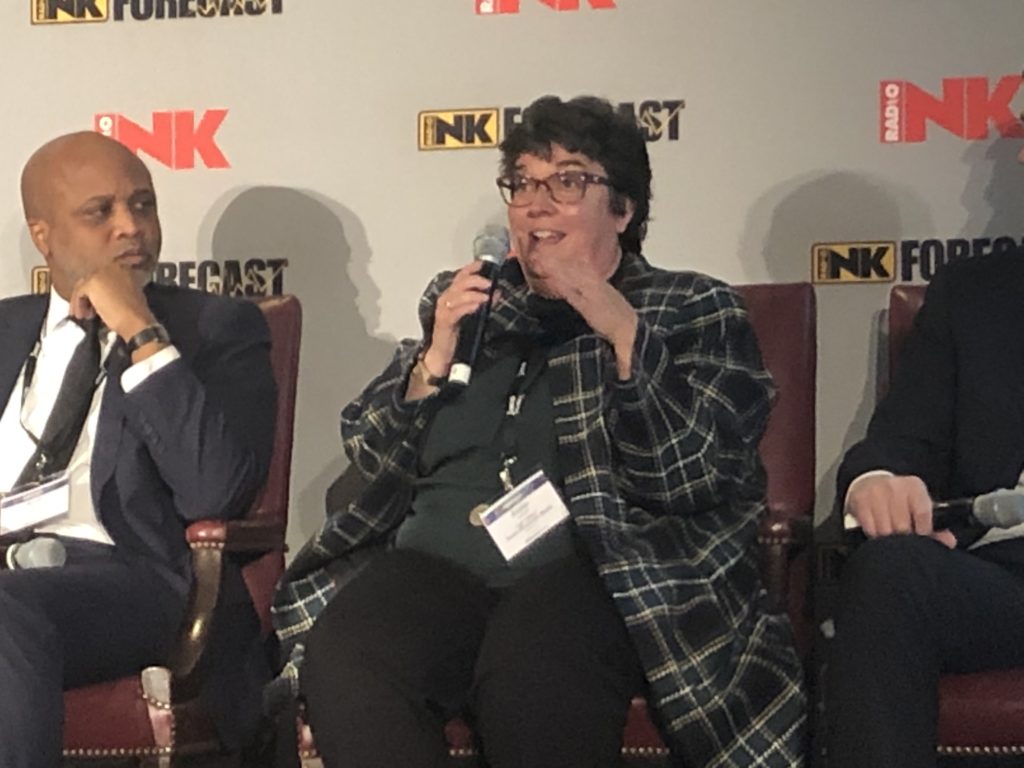 Forecast 2020 in New York City, that’s one of the clear takeaways. An Erica Farber-led panel featuring small market broadcasters was highlighted by Kristin Cantrell, Owner/CEO, CapCity Communications/7 Mountains Media, who told the assembled masses of broadcast radio execs she “sees opportunity everywhere I look.”
Forecast 2020 in New York City, that’s one of the clear takeaways. An Erica Farber-led panel featuring small market broadcasters was highlighted by Kristin Cantrell, Owner/CEO, CapCity Communications/7 Mountains Media, who told the assembled masses of broadcast radio execs she “sees opportunity everywhere I look.”
At least in digital. Because across the board, radio broadcasters are seeing traditional spot revenue flatline, while digital dollars continue to expand. They’re watching tech companies erode their client base. And they know they need to adapt in order to survive.
But the “analog transformation,” as Clockwork‘s Nancy Lyons call it, is the people part. And it’s the hard part.
It’s not just about getting everyone on the same page. Mission statements on the wall make it clear what a company’s all about. Culture creation is a slower, tedious process that starts with example-setting at the very top of the organization, and then played out every day in the way the company does business.
As many CEOs have learned – often the hard way – culture matters, especially during times of disruption and transition.
Prakash reminds us employees are the ones who often interface and engage with clients, especially true in the broadcast radio business. And she makes this critical point:
“Before rolling out new programs to improve customer experience, it’s critical that you study the employee experience. You might be astonished to see how much customer experience improves once the employees’ does.”
This is tough turf – for radio and every business. The pressure that has spawned hand-wringing budget cutbacks and painful downsizing, has shaken many staffs to their cores.
Communication with employees has never been more important. And yet, those anonymous surveys companies are fond of conducting among their rank and file may 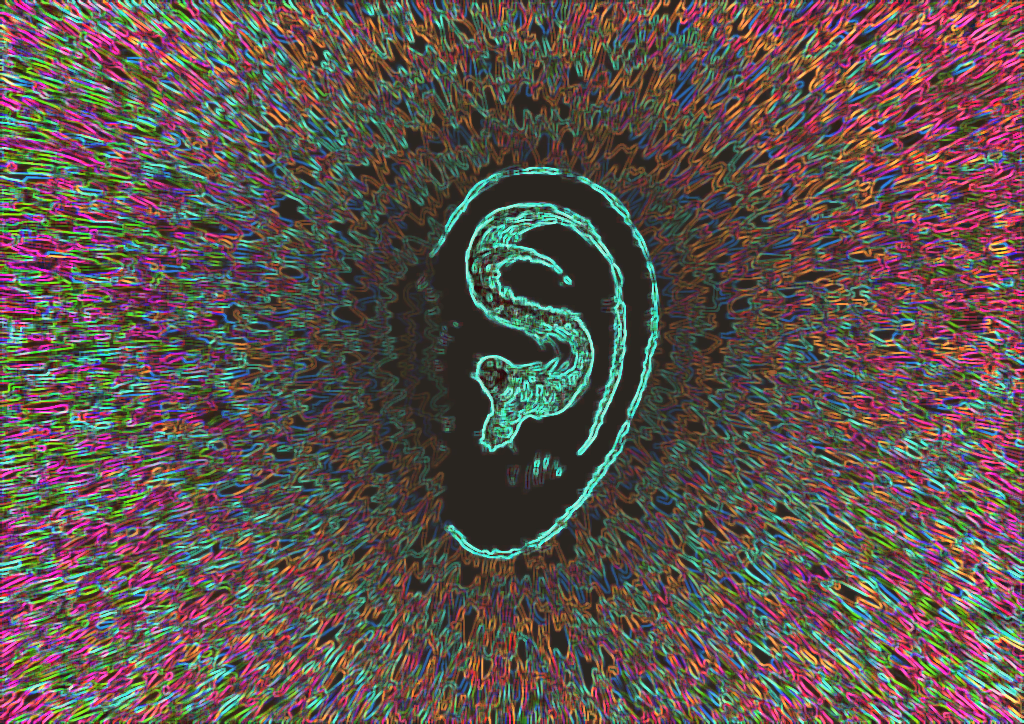 not be getting the job done. Many are simply skeptical their remarks (and criticisms) will remain confidential, perhaps a byproduct of the privacy concerns permeating all corners of the Internet.
not be getting the job done. Many are simply skeptical their remarks (and criticisms) will remain confidential, perhaps a byproduct of the privacy concerns permeating all corners of the Internet.
While it is time-consuming, arduous, and it doesn’t scale, perhaps broadcast radio’s executives would be well-served to embark on a 1-on-1 “listening tour” of their stations. That means visiting the markets and sitting down with employees in every cluster – without smartphones, laptops, and other distractions. I’m a fan of focus groups, of course, but when the topics are tricky (politics, for example), there is no substitute for interviewing listeners (or staffers) one at a time.
So much of the success of company innovations and initiatives comes down to the staffs at a company’s radio stations. Taking the time to test the local waters, making sure everyone understands the imperatives and the urgency is a key component in facilitating change at the local level. From adjusting incentives and bonuses to work loads to handling new tasks, it is of critical importance the internal culture is solid and pressure-tested.

Prakash also suggests frontline employees need to be educated and trained. That was echoed in our “Transformation” presentation at the Radio Show in September by Julia Ziegler, the person chief responsible for helping WTOP – and its employees – make the turn and help lead the station through uncertain waters.
Sometimes in a rush to roll out new initiatives, companies get ahead of their skis, implementing change throughout the system without the necessary education about how employees responsibilities and expectations will change.
She warns that failure to do so risks the success of these bold new plans. Internal confusion simply leads to creating an overall bad experience for the three groups radio serves – listeners, communities, and advertisers.
And that means it all has to work the first time – seamlessly That can be a heavy lift for any company.
Even Disney.
While their new streaming Disney+ rollout was hands down a huge success – netting 10 million customers that first week. In the process, they passed HBO Now, and are moving rapidly into the hunt. That quantum leap immediately signals the media world that the folks famous or creating the Happiest Place on Earth are successfully moving into the content distribution arena, with their sights set on Hulu and the big dog, Netflix.
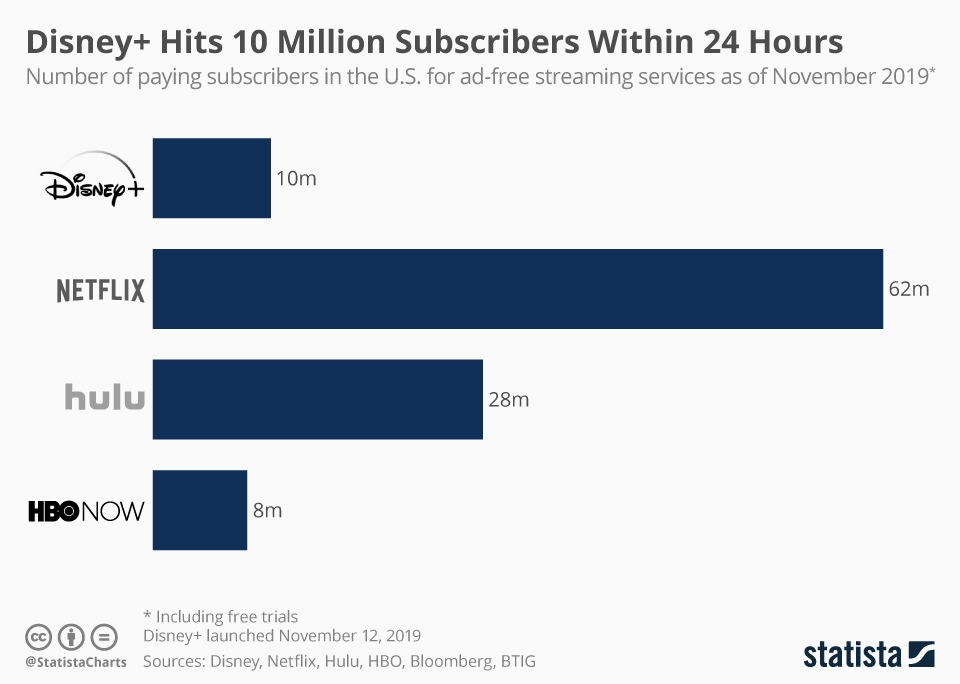
Except there was much reported unhappiness. Despite having the incredible content so many were excited about, technical issues when the platform launched were numerous and notable.
They included glitches with the streaming itself, log-in problems, and even a reported hacking issue. A problem with the aspect ratio of The Simpsons created unintended cropping that excluded some of the content. Even casual viewers noticed it.
All this prompted this statement from a Disney spokeswoman:
“The consumer demand for Disney+ has exceeded our high expectations. We are pleased by this incredible response and are working to quickly resolve the current user issue. We appreciate your patience.”
Ugh.
It’s hard to know the source of these fails. But when you’re talking about one of the world’s great content creators with an impeccable brand image, it’s sobering to see  these blocking and tackling issues crop up when a key new platform launches.
these blocking and tackling issues crop up when a key new platform launches.
But that suggests that change is hard, and the people tasked with pulling it off are people, just like you and me. These big initiatives create staff pressure and strain – whether you’re a great radio station in Minot or Milwaukee or you’re the Magic Kingdom.
All the strategy in the world doesn’t amount to much when culture problems permeate the organization.
And that’s an issue every media company serious about pulling off a transformation has to deal with. It’s both the the digital and the analog – that is, people.
So often, the company insists there are no culture problems. The employees and middle managers often beg to differ.
And my companies aren’t immune. We know this isn’t easy. Jacobs Media started as a purely radio programming consulting company, and jacapps began making apps for radio stations.
Over time, both have evolved. Expectations of our employees and the focus of what we do have evolved, as have the kinds of people we hire.
At Jacobs Media and jacapps, we also have some breakfast to eat.
Many companies eventually figure out the strategy puzzle. The culture thing is the hard part.
Originally published by Jacobs Media









